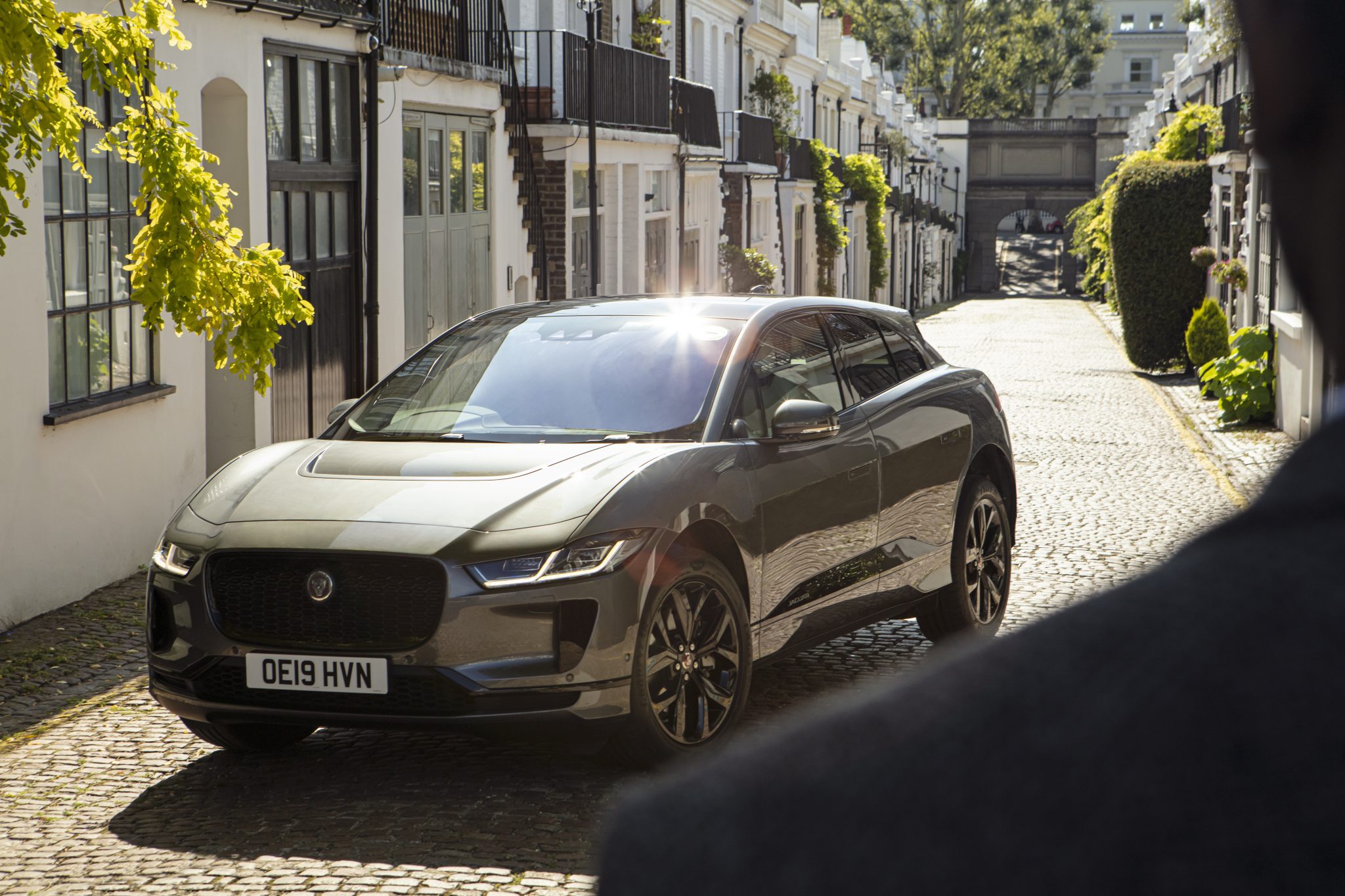Skift Take
With big car companies rethinking their plans for ridehailing platforms, it looks like Uber's grasp will only get stronger.
Jaguar Land Rover has sold a majority stake in its ridehailing division Havn to chauffeur service Blacklane, signaling the latest U-turn by a car manufacturer in the urban travel space that sought big upsides with corporate travelers.
Havn was launched by Studio 107, a division of InMotion Ventures, Jaguar Land Rover’s venture capital and mobility services arm, in March last year. InMotion has also invested in Lyft, among other startups.
But now Jaguar Land Rover joins rivals BMW, Daimler and Ford in having to rethink how it can tap into the lucrative urban travel sector.
Putting the Brakes On
In February 2019, BMW and Daimler teamed up to invest $1.2 billion in Your Now, a collection of mobility platforms designed to provide “innovative solutions for cities and municipalities seeking to make their traffic more efficient and sustainable.”
Join Us at Skift’s Online Travel and Distribution Summit on February 17
FreeNow, the ridehailing component of Your Now, is available in 100 European cities, and 13 cities in the UK, but is now reportedly up for sale, with Uber expressing an interest.
“There has yet to be a defining spin-off brand from a car maker that hasn’t required a partnership specialist in the sector to either acquire or partner to it,” said Justin Whitston, CEO of Mobilleo. “Often then the brand gets absorbed into the acquirer or partner.”
In October last year, BMW and Daimler’s B2B multimodal mobility platform Moovel was integrated into another app called Mobimeo, owned by German rail operator Deutsch Bahn. Daimler Mobility and the BMW Group then became minority shareholders.
In January 2019, Ford closed down Chariot, its on-demand bus service.
“There was a wave of ridehailing investments from car manufacturers in the past five years,” said Daniel Price, CEO of mobility platform Jyrney. “It represented an attractive route to market, with the promise of better margins by operating their vehicles for ridehail. Then the pandemic hit, affecting ridehail revenues which at that point hadn’t yet yielded profits.”
Electric Dreams
The mobility market remains challenging, particularly with coronavirus not only wiping out most business travel, but also affecting the way people move around cities.
Price said Jyrney, which launched last year, was now working with the UK’s University of Exeter to review how the pandemic was affecting mobility needs. “This is helping us adapt our solutions for the changing last-mile requirements of corporate travelers,” he added.
Blacklane, which operates in 50 countries, has been hit due to the lack of airport transfers and is now going after intercity trips instead. But with many businesses now allowing employees to book taxis to head safely back into offices, the zero-emission rides from Havn’s 13 Jaguar I-Pace electric vehicles — in London only, for now — will tick the sustainability boxes for travel managers.
“The next generation of chauffeur service will be electric, and Havn will help Blacklane to accelerate the electrification of our fleet that began three years ago,” said Jens Wohltorf, Blacklane’s CEO. “While electric vehicles are a novelty in chauffeured transportation right now, we will make them the norm.”
A Blacklane spokesperson said it will now work closely with Havn and Jaguar Land Rover and bring more electric vehicles to its fleet as demand grows after lockdown.
Register Now For Skift’s Online Travel and Distribution Summit on February 17
The Daily Newsletter
Our daily coverage of the global travel industry. Written by editors and analysts from across Skift’s brands.
Have a confidential tip for Skift? Get in touch
Tags: blacklane, bmw, coronavirus, ford, ground transportation, lyft, mobility, uber
Photo credit: Ridehailing company Havn uses a fleet of Jaguar I-Pace electric vehicles. Havn
